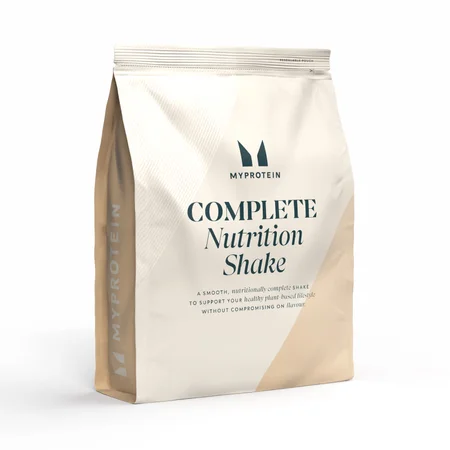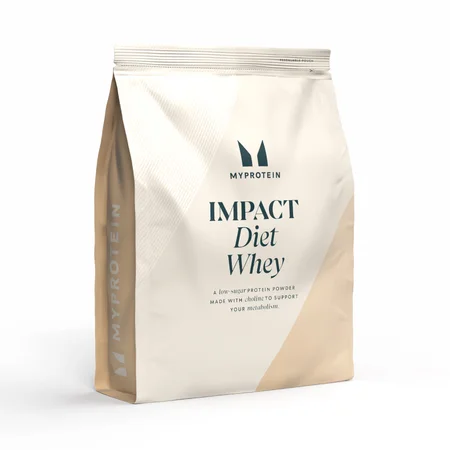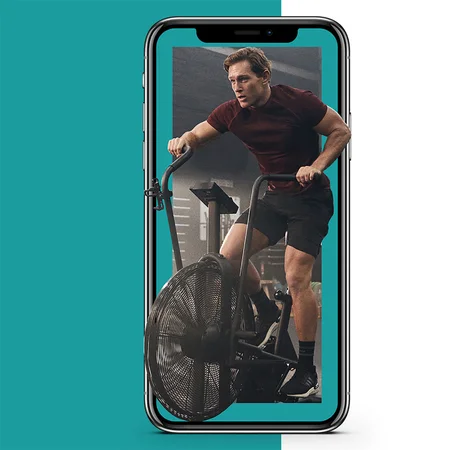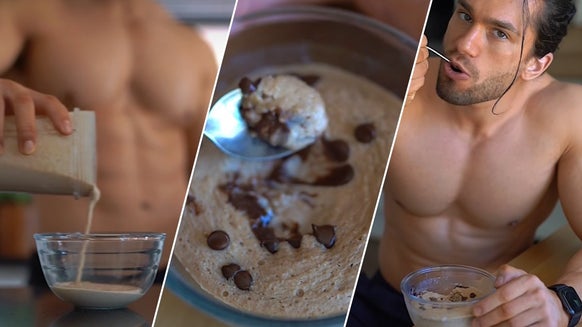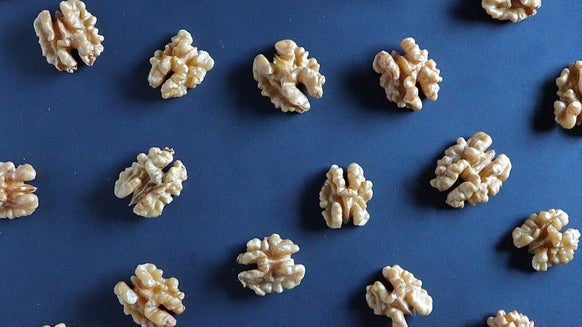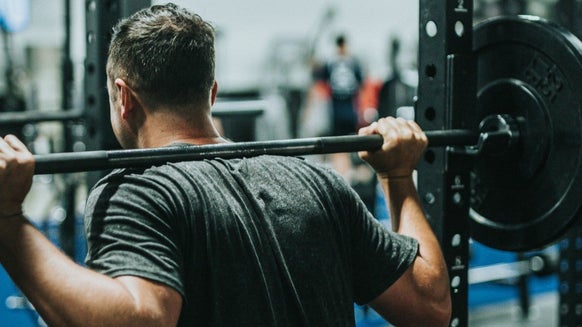Weight-Loss Nutrition Guide

Need some help reaching your weight loss goal this new year? We have everything you need to achieve success, from PT and nutrionist advice to the ideal supplements for your individual plan.
- How to lose weight safely
- Calculate a calorie deficit
- Weight loss without calorie counting
- What is rapid weight loss?
- Diet or exercise for weight loss?
- Fad diets for weight loss
- Reasons your weight loss has stalled
- Protein shakes for weight loss
- Supplements for weight loss
How to Lose Weight Safely
The real "trick" to weight loss is a healthy lifestyle that combines eating less and exercising more to achieve a negative calorie balance.
So let’s get back to the basics. Calories are a measure of energy, and carbohydrates, fat, and protein are the macronutrients that contribute calories as fuel for our body. We burn a fair number of calories just going about our days, but exercise is often the key to help us burn more than we’re consuming.
Because all of the macronutrients play important roles in keeping our bodies functioning, be wary of diets that exclude entire food groups or are very restrictive. Diet culture might tell you that fruit is too high in sugar or that some vegetables have too many carbs, but carbs and sugars aren’t inherently “bad”.
A healthy calorie deficit that helps us lose weight gradually and sustainably is key to weight loss.

How to calculate your calorie deficit
It takes a deficit of about 500 calories per day to lose approximately 1 pound per week. That 500-calorie deficit can be a combination of eating less and moving more.
Losing 1-2 pounds per week has been shown to be a safe rate of weight loss that people can usually maintain over time.1 Use our macro calculator if you need somewhere to start. Counting calories and exercising takes a lot of work, but feels the most satisfying when you reach your goals.
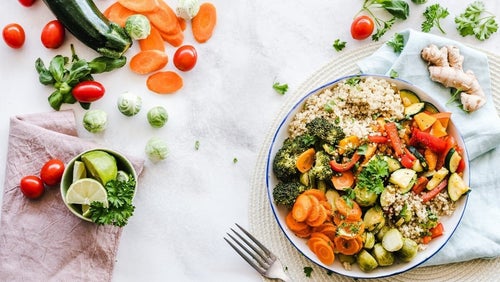
How To Calculate A Calorie Deficit In 3 Steps
How to figure out what calorie deficit you need to reach your goals.
Weight loss without calorie counting
While using calorie tracking apps or a food diary can be an incredibly valuable tool and learning resource, it’s certainly not for everyone and, for some, tracking may be asking simply far too much from day one.
Intensive tracking may also push you towards an obsessive, unhealthy relationship with food. Be that becoming excessively restrictive (in a bid to continually shoot below your energy target), co-dependent on the app or other tool itself, and even restricting certain food choices.

Some other options for weight loss that don’t involve calorie counting include:
Practical portion management
Portion control is arguably the easiest and most straightforward technique to employ when cutting down on the amount of energy we take in via food, to lose fat.
Managing portions can be done easily by simply dividing up your plate. There are numerous iterations of this strategy and a general rule of thumb would be to divide your plate up into; 30 - 50% protein, 20 - 30% vegetables, 20 - 30% wholegrains and 5 - 10% fats.
A focus on food types
The foods we eat can also play a very important role in on our fat loss campaign. From reducing hunger, to improving energy levels, reducing body fat and even increasing lean muscle, our food choices are arguably just as important as the amount of food we consume.

Mindfulness and intuitive eating
Mindfully eating and intuitively eating are two distinct eating styles.
Mindful eating (i.e. paying attention to our food, on purpose, moment by moment, without judgement) is an approach to food that focuses on individuals’ sensual awareness of the food and their experience of the food.
Intuitive eating focuses more on physiological cues (hunger signalling) for when you should eat and how much.
Intuitive eating research is still in its infancy and may be beneficial for some, however may not be advised for those who are overweight / obese as we know that hunger signalling is disrupted in these people and is generally poorly controlled.2,3

What is Rapid Weight Loss?
Any diet that claims to help you lose a significant amount of weight in a short period of time can be considered a rapid weight loss diet.
Research shows that a weight loss of 0.5-1kg per week is not only safe for your body, but also much easier to sustain over time.4 Whereas, losing 2kgs or more per week is a rapid rate of weight loss that could actually be dangerous in the long run.
Extreme low-calorie diets are based on the calorie balance weight loss method - but on a level that is far too restrictive. Any calorie intake less than 1200 per day can be considered an extreme low-calorie diet. Staying under this calorie level on a consistent basis may lead to rapid weight loss, but it also can make it difficult to obtain essential macros (protein, carbs, fat) and micronutrients (vitamins and minerals).
Very low-calorie diets should only be done under medical direction and supervision, when professionals can monitor your intake and how your body responds.

Is rapid weight loss safe?
While rapid weight loss might not cause you harm in the first few days, it can pose serious risks long-term. Without adequate nutrition you won’t be able to exercise and may even struggle to concentrate or complete your daily activities.
Rapid weight loss has been shown to cause several medical complications the require treatment such as gallstones.5 Extreme weight loss can cause dehydration, electrolyte imbalances, and blood sugar control issues. Plus, you’ll likely feel weak, irritable, and can lose lean body mass (muscle).
Diet or exercise for weight loss
The main argument when it comes to diet vs. exercise is that it’s simply not practical to out-exercise a significant calorie surplus. Or, as you may have heard, “you can’t out-train a bad diet”.
In a practical sense, this is true — have you ever tried “burning off” a 1200kcal pizza? Good luck with the ten trillion burpees…
But, it’s not all as quite straightforward as that, as the amount of energy we get from food depends on the nutrient make-up of the food itself and how much we end up storing as fat would again depend on our stimuli and our body’s nutrient partitioning.
Feasibly though it’s easier to create a calorie deficit using your diet. You simply eat less than you would have before (or if you’re tracking, eating less than your maintenance).
Fad diets for weight loss
Intermittent fasting
IF involves reducing the “window of time” in which you can eat in a day (typically restricted to 4 - 8 hours a day), alternate day fasting or fasting for multiple days a week (usually two).
IF creates a calorie deficit simply by reducing the total amount of time in which we can eat.
Studies have found it to be equally as effective as calorie counting for fat loss, and may also offer plenty of other benefits including; improved blood sugar regulation, increased insulin sensitivity and slowed aging/disease processes.6
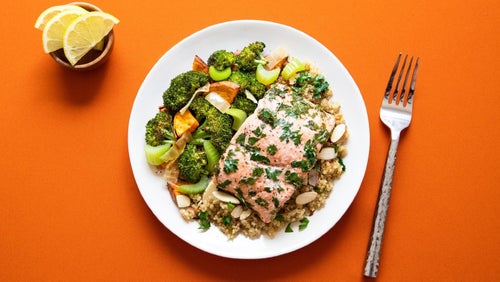
16:8 Intermittent Fasting | Benefits & How to Do It Properly
The dieting dos and don'ts.
Carnivore diet
The carnivore diet, a diet that completely omits anything that isn’t meat or an animal product – a meat lover’s dream come true. The main aspect of the diet is that there’s a distinct lack of carbs.
While there are no studies on the diet, the idea is that without carbs, your blood sugar won’t rise and drop as much and there won’t be as much insulin being shuttled round your body when you eat.
Also, as protein is the most satiating of all the macronutrients, you’re left feeling fuller for longer, so you’ll end up eating less.
Although as mentioned, there’s been no actual studies into the diet, so it’s effects on weight loss are just speculation.
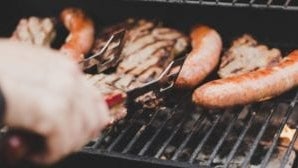
The Carnivore Diet | Food List, Benefits And Side Effects
Is meat-only a diet dream or disaster? The know-how on this latest diet trend.
80/20 diet
The 80/20 diet is a flexible diet based on eating nutritious foods 80% while also allowing for treats 20% of the time.
There are a number of benefits, including how realistic it is and the fact nothing is off limits. You can enjoy some cake for your friend's birthday without worrying that you’re ‘breaking’ your diet.
Although, the way to lose weight is through a calorie deficit. So, if you do the 80/20 diet but you’re not eating less calories than you use, you won’t lose weight. Based on this a lot of people decide the diet isn’t structured enough to help them reach their weight loss goals.

Reasons your weight loss has stalled
You’re burning less than you think
To continue to burn calories efficiently for weight loss, you need to continue to challenge your body — and often this means varying the type and intensity of your workouts.
Another potential weight loss roadblock can occur when you overestimate how many calories you burn when you exercise. If you hop on a cardio machine at the gym, it might have the technology to tell you how many calories you’re burning during your session, but it’s not necessarily accurate.
You’ve lost a lot of weight already
Research shows that these weight loss “plateaus” can happen between 6-24 months after starting a weight loss plan, and it can feel unexplainable.7 One potential explanation for this phenomenon is “metabolic adaptation”.
When you go from eating anything you want to following a calorie-controlled diet and get off the couch and into the gym, it’s a drastic change for your body and will boost your metabolism to help you burn calories and lead to weight loss.

Protein shakes for weight loss?
Protein shakes help provide a high-quality source of protein for a very efficient number of calories (efficient in terms of the total protein serving for the amount of kcals consumed). A protein shake can also help with satiety and minimise hunger whilst also helping to regulate blood sugar and therefore energy levels and cravings.
Protein shakes can also help you reach a greater total daily protein intake which can be incredibly beneficial during a weight loss phase.
One other point about protein shakes (and, more generally speaking, a higher protein diet) is that protein has the highest thermic effect among the three macronutrients (protein, carbs and fat). This means quite simply that it costs our body the most amount of energy to digest, break down and use the nutrient.
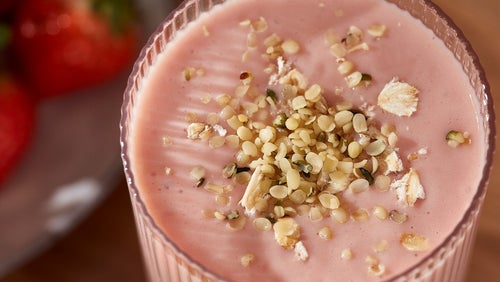
Protein Shakes For Weight Loss
Here's how to use protein shakes to your advantage.
If we were to be asking the question about meal replacement shakes, I’d say that you could make a good argument for those too.
They’re typically high in protein and can even contribute some fibre (which shares similar weight loss benefits to protein) but are also nutritionally “complete meals” meaning that we can achieve a great deal of our body’s daily nutritional requirements within a relatively lower calorie amount (when comparing it to multiple wholefood meals).
Supplements for weight loss
The more restrictive our dietary intake gets the more supplements transition from a compliment to borderline necessity.
When you’re starting off on a weight loss dieting phase, you shouldn’t really need to be dieting so restrictively that it will lead to you being at risk of nutritional deficiencies.
Additionally, the more restrictive you are early on, the less room you have to work with later in the dieting phase as you’re trying to lose the last few pounds or kilos (and may lead to you have to take an extended break and gaining back a bit of the initial weight lost before returning to a weight loss phase).

Top 5 Supplements For Weight Loss
These could help kickstart your weight-loss journey or bust a plateau.
Take Home Message
Losing weight is not always easy – but we’ve got your back with our helpful tips and tricks to get you to your goals.
READ THESE NEXT:
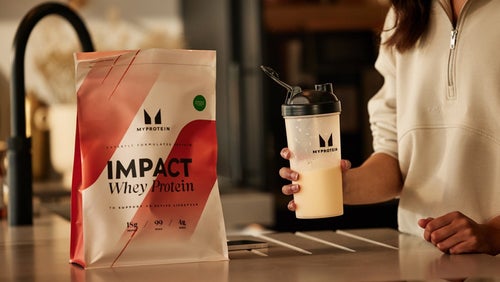
The Complete Guide To Protein Powders For Beginners
Match your protein to your training.
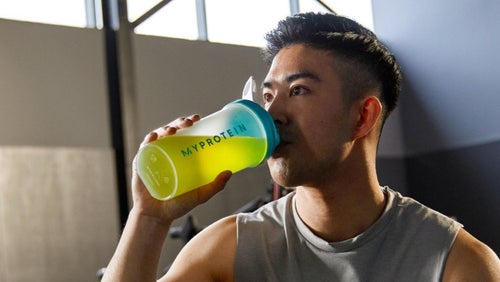
Myprotein's Best Whey Protein Flavours According To You
If you’ve ever found yourself in a protein-picking dilemma, a good place to start is what’s the most popular.

- Wing, R. R., & Hill, J. O. (2001). Successful weight loss maintenance. Annual review of nutrition, 21(1), 323-341.
- Warren, J. M., Smith, N., & Ashwell, M. (2017). A structured literature review on the role of mindfulness, mindful eating and intuitive eating in changing eating behaviours: effectiveness and associated potential mechanisms. Nutrition research reviews, 30(2), 272-283.
- Perry, B., & Wang, Y. (2012). Appetite regulation and weight control: the role of gut hormones. Nutrition & diabetes, 2(1), e26-e26.
- Wing, R. R., & Hill, J. O. (2001). Successful weight loss maintenance. Annual review of nutrition, 21(1), 323-341.
- Shiffman, M. L., Sugerman, H. J., Kellum, J. M., Brewer, W. H., & Moore, E. W. (1991). Gallstone formation after rapid weight loss: a prospective study in patients undergoing gastric bypass surgery for treatment of morbid obesity. American Journal of Gastroenterology (Springer Nature), 86(8).
- Anton, S. D., Moehl, K., Donahoo, W. T., Marosi, K., Lee, S. A., Mainous III, A. G., … & Mattson, M. P. (2018). Flipping the metabolic switch: understanding and applying the health benefits of fasting. Obesity, 26(2), 254-268.
- Thomas, D. M., Martin, C. K., Redman, L. M., Heymsfield, S. B., Lettieri, S., Levine, J. A., … & Schoeller, D. A. (2014). Effect of dietary adherence on the body weight plateau: a mathematical model incorporating intermittent compliance with energy intake prescription. The American journal of clinical nutrition, 100(3), 787-795.

